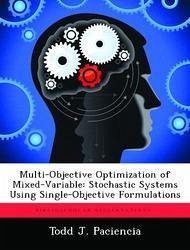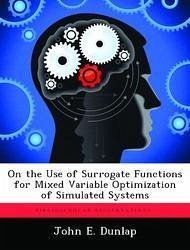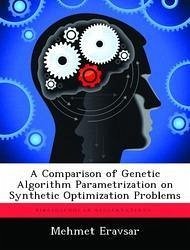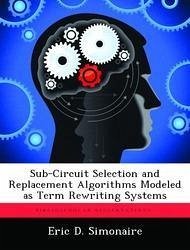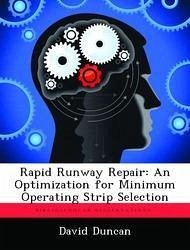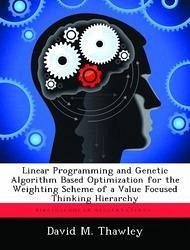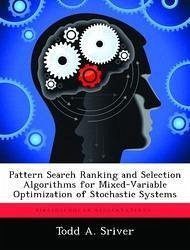
Pattern Search Ranking and Selection Algorithms for Mixed-Variable Optimization of Stochastic Systems
Versandkostenfrei!
Versandfertig in über 4 Wochen
52,99 €
inkl. MwSt.
Weitere Ausgaben:

PAYBACK Punkte
26 °P sammeln!
A new class of algorithms is introduced and analyzed for bound and linearly constrained optimization problems with stochastic objective functions and a mixture of design variable types. The generalized pattern search (GPS) class of algorithms is extended to a new problem setting in which objective function evaluations require sampling from a model of a stochastic system. The approach combines GPS with ranking and selection (RS) statistical procedures to select new iterates. The derivative-free algorithms require only black-box simulation responses andare applicable over domains withmixedvariab...
A new class of algorithms is introduced and analyzed for bound and linearly constrained optimization problems with stochastic objective functions and a mixture of design variable types. The generalized pattern search (GPS) class of algorithms is extended to a new problem setting in which objective function evaluations require sampling from a model of a stochastic system. The approach combines GPS with ranking and selection (RS) statistical procedures to select new iterates. The derivative-free algorithms require only black-box simulation responses andare applicable over domains withmixedvariables (continuous, discrete numeric, and discrete categorical)to include bound and linear constraints on the continuous variables. A convergence analysis for the general class of algorithms establishes almost sure convergence of an iteration subsequence to stationary points appropriately defined in the mixed-variable domain. Additionally, specific algorithm instances are implemented that provide computational enhancements to the basic algorithm. Implementation alternatives include the use of modern RS procedures designed to provide efficientsamplingstrategies andthe use of surrogate functions that augment the search by approximating the unknown objective function with nonparametric response surfaces. In a computational evaluation, six variants of the algorithm are tested along with four competing methods on 26 standardized test problems. The numerical results validate the use of advanced implementations as a means to improve algorithm performance.






